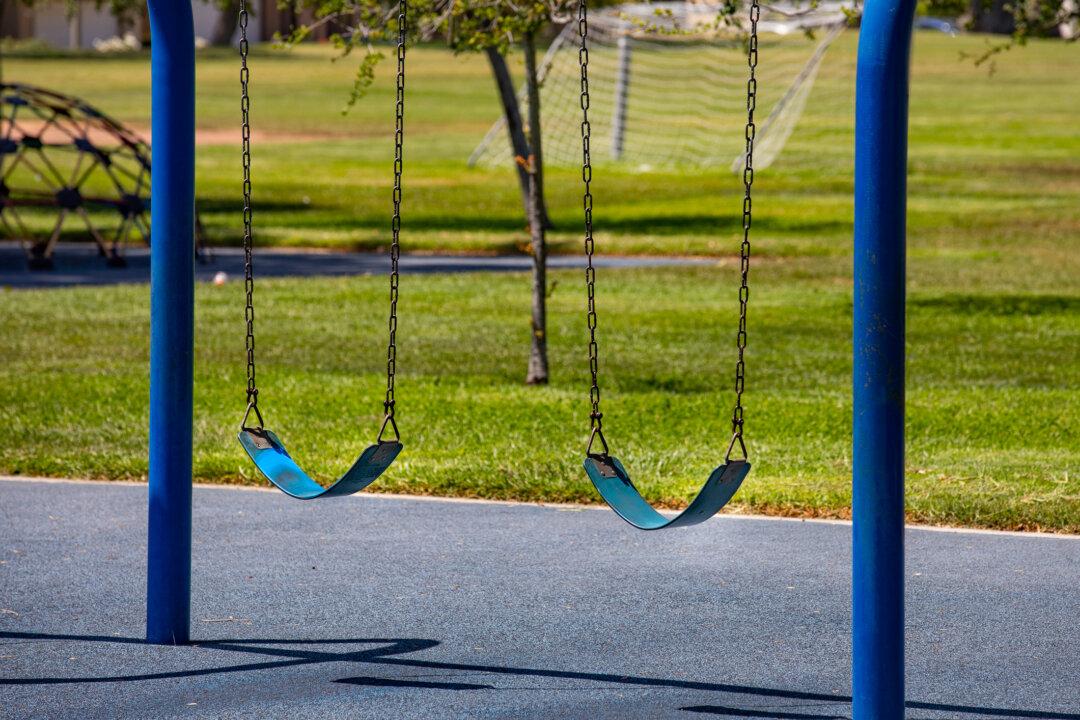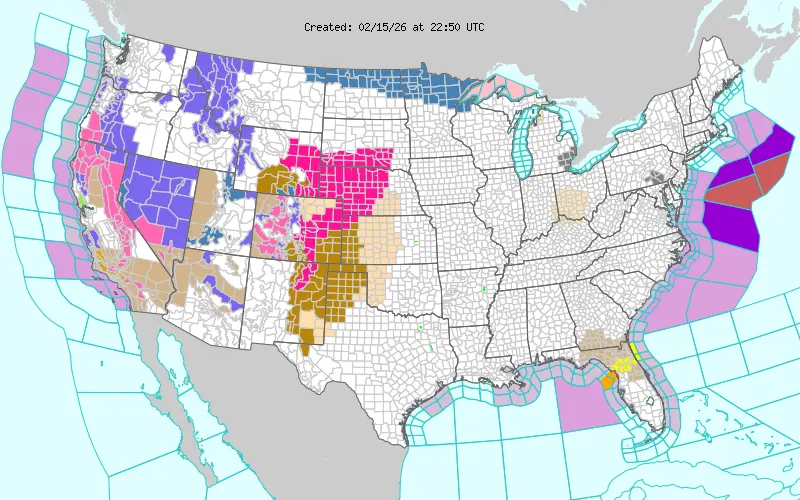OAKLAND, Calif.—Luis Armando Albino was 6 years old in 1951 when he was abducted while playing at an Oakland, California park. Now, more than seven decades later, Albino has been found thanks to help from an online ancestry test, old photos and newspaper clippings.
The Bay Area News Group reported Friday that Albino’s niece in Oakland—with assistance from police, the FBI and the Justice Department—located her uncle living on the East Coast.





